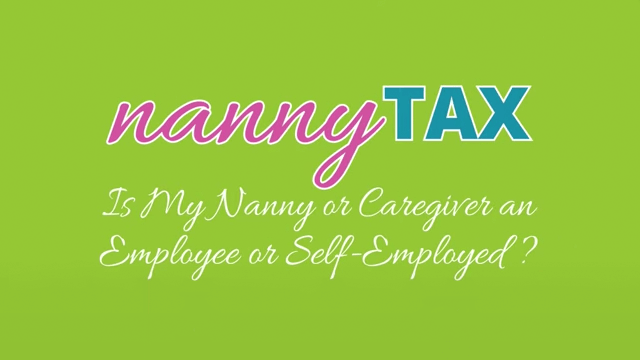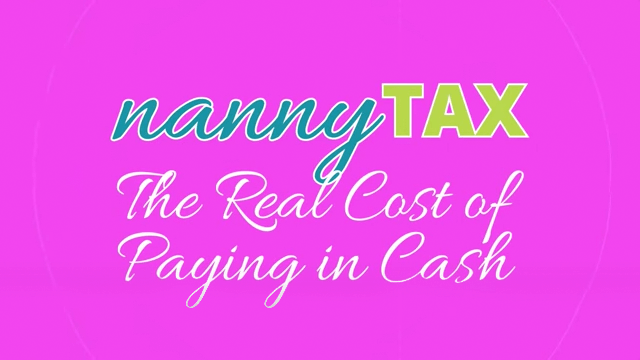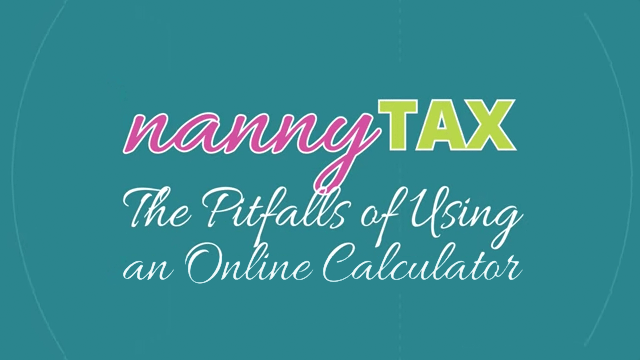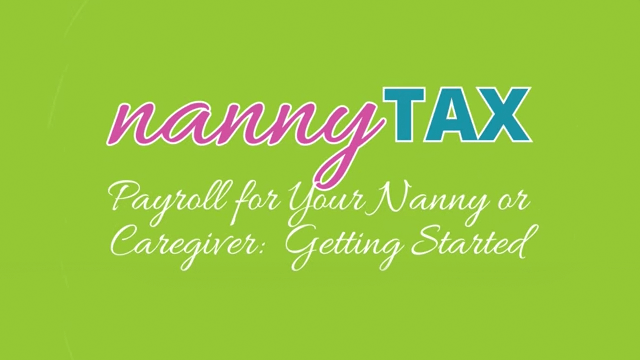
Year-End Tax Planning for Families with Nannies and Caregivers: Maximizing Deductions and Credits
As the year draws to a close, families with nannies and caregivers or support workers often face the complex task of navigating tax planning. Understanding how to maximize deductions and credits can significantly impact your financial health. This guide will provide critical insights and strategies for efficient year-end tax planning for families employing nannies or caregivers in Canada.
Understanding Employer Obligations
First and foremost, it’s crucial to recognize your responsibilities as an employer. Hiring a nanny or other caregiver means you’re responsible for remitting their income tax, Canada Pension Plan (CPP) contributions, and Employment Insurance (EI) premiums. Ensure that you have accurately calculated and remitted these amounts throughout the year.
The employer may also be required to register with their provincial Workers’ Compensation Board. If so, there is a periodic premium payment and reporting of employee earnings that needs to be completed on a timely basis. Check with your provincial board (or federally if hiring through a government program) if the type of work and number of hours per week your employee is working puts you in this category.
Maximizing Deductions
Families employing nannies and caregivers can take advantage of various tax deductions and credits.
Childcare Expenses Deduction:
This deduction allows families to claim a portion of the wages paid to nannies or caregivers, provided the services were paid to enable the parents to earn income, pursue education, or conduct research. To check your eligibility, visit this page from the CRA website. The amount that can be claimed is capped and varies based on the child’s age and health status. Specifically, you can claim up to $8,000 for each child aged six or under, $5,000 for each child aged seven to 16, and $11,000 for each child who qualifies for the disability tax credit.
For record keeping purposes, keep all receipts and pay statements from your nanny or caregiver indicating the amount paid, the date of payment, and a description of the childcare services provided. For the childcare expense claim, be sure to keep the T4 and T4 summary you produce as the employer, since these will be needed if your expense claim is audited.
The CRA’s T778 Form: Child Care Expenses Deduction provides detailed rates and further guidelines on how to claim child care expenses.
Eldercare Expense Claim:
The wages paid to an elder caregiver may be claimed on the tax return of the person receiving care. You should check with your financial advisor how best to claim the expense. If your elder is eligible, ensure they have applied for the disability tax credit to maximize tax savings and take advantage of any government assistance.
Employer’s CPP and EI Contributions and Premiums:
As an employer, you are responsible for making contributions to the Canada Pension Plan (CPP) and Employment Insurance (EI) in addition to those made by your nanny or caregiver. These contributions can be included in your child care expense or eldercare-related expense claims. It’s essential to accurately calculate and report these contributions when filing your tax return. You can also claim premiums paid to your provincial WCB.
How to Claim: Include these contributions in your child care/elder care expenses when filing your tax return. Ensure proper documentation and calculation as per the CRA’s guidelines.
Available Benefits and Tax Credits
In addition to deductions, there are tax credits that can be beneficial:
Canada Child Benefit (CCB):
While not directly related to employing a nanny, the CCB is a tax-free monthly payment made to eligible families to help with the cost of raising children under 18 years of age. Ensure your information is up-to-date with the CRA to receive the correct amount.
Disability Tax Credit:
If your child has a disability and you have hired a caregiver, you may be eligible for the Disability Tax Credit. This non-refundable tax credit helps reduce the income tax you might owe. This credit also applies to the eligible elderly people.
Record Keeping and Documentation
Accurate record-keeping throughout the year is vital. Keep detailed records of all employment-related expenses, including wages paid, CPP, EI, and other related expenses. Always retain your nanny or caregiver’s employment contract and any receipts for tax purposes. If you need to review your current contract or are about to start a new one, check out our blog for tips: (https://nannytax.ca/what-to-include-in-an-employment-contract-for-a-nanny-or-caregiver/)
Year-End Tax Planning Strategies
Review and Update Records: Review your financial records related to your nanny or caregiver before year-end. Ensure all payments and deductions are accurately recorded and up-to-date.
Contribute to a Registered Education Savings Plan (RESP): While not directly linked to employing a nanny, contributing to an RESP for your child can offer both immediate and long-term tax benefits.
Consult a Professional: Tax laws can be complex and ever-changing. It’s often beneficial to consult with a tax professional who can provide personalized advice and ensure you take advantage of all available deductions and credits.
Preparing for the New Year
As you prepare for the new year, set up a system for tracking your child care/elder care expenses if you haven’t already. At NannyTax, we assist household employers to ensure that our clients’ tax season related to their employee(s) is manageable.
Conclusion
Employing a nanny or caregiver brings several responsibilities, including tax implications. You can optimize your year-end tax planning by understanding your obligations, maximizing deductions and credits, and keeping meticulous records. Every family’s situation is unique, so consider seeking professional advice to tailor these strategies to your circumstances.
As you navigate this process, remember that resources like NannyTax are here to help with your domestic payroll, offering expertise and support at every step so that it’s one less task you need to worry about!
Credits: Photo by Nataliya Vaitkevich: https://www.pexels.com/photo/april-calendar-6863515/










